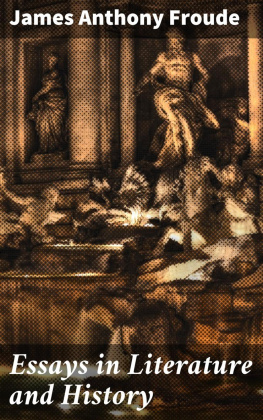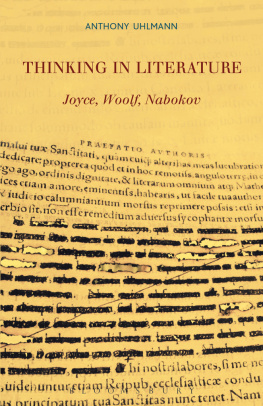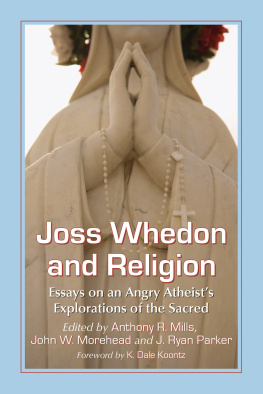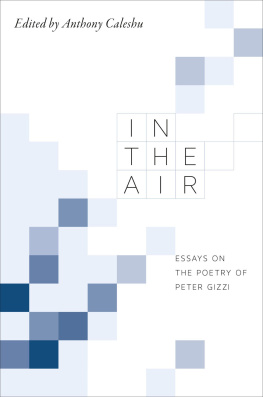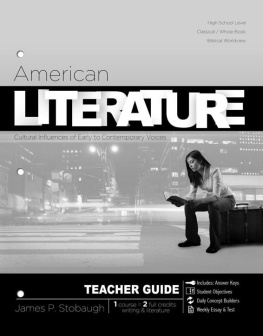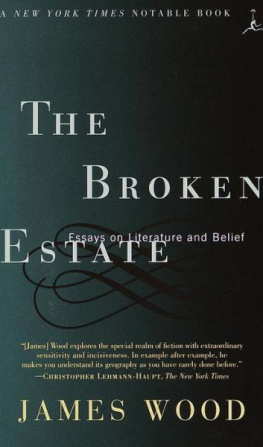INTRODUCTION
Froude had this merita merit he shared with Huxley alone ofHis contemporariesthat he imposed his convictions. He foughtagainst resistance. He excited (and still excites) a violentanimosity. He exasperated the surface of his time and was yettoo strong for that surface to reject him. This combative andaggressive quality in him, which was successful in that it waspermanent and never suffered a final defeat should arrest anyone who may make a general survey of the last generation in letters.
It was a period with a vice of its own which yet remains to bedetected and chastised. In one epoch lubricity, in anotherfanaticism, in a third dulness and a dead-alive copying of thepast, are the faults which criticism finds to attack. None ofthese affected the Victorian era. It was purethough taintedwith a profound hypocrisy; it was singularly free from violencein its judgments; it was certainly alive and new: but it had thisgrievous defect (a defect under which we still labour heavily)that thought was restrained upon every side. Never in the historyof European letters was it so difficult for a man to saywhat he would and to be heard. A sort of cohesive public spirit(which was but one aspect of the admirable homogeneity of thenation) glued and immobilised all individual expression. Onecould float imprisoned as in a stream of thick substance: onecould not swim against it.
It is to be carefully discerned how many apparent exceptions tothis truth are, if they be closely examined, no exceptions atall. A whole series of national defects were exposed andridiculed in the literature as in the oratory of that day; butthey were defects which the mass of men secretly delighted tohear denounced and of which each believed himself to be free.
They loved to be told that they were of a gross taste in art,for they connected such a taste vaguely with high morals andwith successful commerce. There was no surer way to a largesale than to start a revolution in appreciation every five years,and from Ruskin to Oscar Wilde a whole series of Prophetsattained eminence and fortune by telling men how something newand as yet unknown was Beauty and something just past was to berejected, and how they alone saw truth while the herd around themwere blind. But no one showed us how to model, nor did any oneremark that we alone of all Europe had preserved a school ofwater-colour.
So in politics our blunders were a constant theme; but no onemarked with citation, document, and proof the glaring progressof corruption, or that, for all our enthusiasm, we never oncein that generation defended the oppressed against the oppressor.There was a vast if unrecognised conspiracy, by which whatevermight have prevented those extreme evils from which we now sufferwas destroyed as it appeared. Efforts at a thorough purge weredull, were libellous, were not of the "form" which the Universitiesand the public schools taught to be sacred. They were rejected asunreadable, or if printed, were unread. The results are with us to-day.
In such a time Froude maintained an opposing force, which wasnot reforming nor constructive in any way, but which will obtainthe attention of the future historian, simply because it was anopposition.
It was an opposition of manner rather than of matter. The matterof it was common enough even in Froude's chief decade of power.The cause to which he gave allegiance was already winning when heproceeded to champion it, and many a better man, one or two greatermen, were saying the same things as he; but they said such thingsin a fashion that suggested no violent effort nor any demand forresistance: it was the peculiar virtue of Froude that he touchednothing without the virile note of a challenge sounding throughouthis prose. On this account, though he will convince our posterityeven less than he does ourselves, the words of persuasion, thewritings themselves will remain: for he chose the hardest wood inwhich to chisel, knowing the strength of his hand.
What was it in him which gave him that strength, andwhich permitted him, in an age that would tolerate no formativegrasp upon itself, to achieve a permanent fame? I will notreply to this question by pointing to the popularityof his History of England; the essays that follow willafford sufficient material to answer it. He produced theeffect he did and remained in the eminence to which hehad climbed, first because his manner of thought was rigidand of a hard edge; secondly, because he could use thatsteel tool of a brain in a fashion that was general; he coulduse it upon subjects and with a handling that wascomprehensible to great masses of his fellow-countrymen.
It is not certain that such a man with such interests wouldhave made his voice heard in any other society. It isdoubtful whether he will be translated with profit. His fieldwas very small, the points of his attack might all be foundcontained in one suburban villa. But in our society hisgrip and his intensity did fall, and fall of choice, upon suchmatters as his contemporaries either debated or were readyto debate. He therefore did the considerable thing weknow him to have done.
I say that his mind was rigid and of a close fibre: it wasa mind (to repeat the metaphor) out of which a stronggraying-tool could be forged. Its blade would not beblunted: it could deal with its material. Of this character,which I take to be the first essential in his achievement, thefew essays before us preserve an ample evidence.
Thus you will find throughout their pages the presence ofthat dogmatic assertion which invariably proceeds from sucha mind, and coupled with such assertion is a continualconsciousness that his dogmas are dogmas: that he is assertingunprovable things and laying down his axioms before hebegins his process of reasoning.
The contrary might be objected by some foreign observer,or by some one who had a larger acquaintance with Europeanhistory than had he. I can imagine a French or an Irishcritic pointing to a mass of assertion with no correspondingadmission that it is assertion only: such a critic might quoteeven from these few pages phrase after phrase in whichFroude poses as certain what are still largely matters ofdebate. Thus upon page 144 he takes it for granted thatno miracles have been worked by contact with the bodiesof saints. He takes it for granted on page 161 that thechecking of monastic disorders, and the use of stronglanguage in connection with them, was peculiar to thegeneration which saw at its close the dissolution of themonasteries. He takes it for granted on page 125 that whatwe call "manifestations" or what notspirit rappings,table-turnings, and the restare deceptions of the senses towhich superstition alone would give credence.
He ridicules (upon p. 128) the tradition of St. Patrick whichall modern research has come to accept. He says downright(upon pp. 186187) that the Ancient world did not inquireinto the problem of evil. On p. 214 he will have it that theordinary man rejects, "without hesitation," the interferenceof will with material causes. In other words, he asserts thatthe ordinary man is a fatalistfor Froude knew very wellthat between the fatalist and the believer in a possibility ofmiracle there is no conceivable position. He will have it (onp. 216) that a modern doctor always regards a "vision" asan hallucination. On p. 217 he denies by implication thestigmata of St. Francisand so forthone might multiplythe instances indefinitely. All Froude's works are full ofthem, they are part and parcel of his methodbut theirnumber is to no purport. One example may stand for all,and their special value to our purpose is not that they aremere assertions, but that they are assertions which Froudemust have known to be personal, disputable, and dogmatic.


